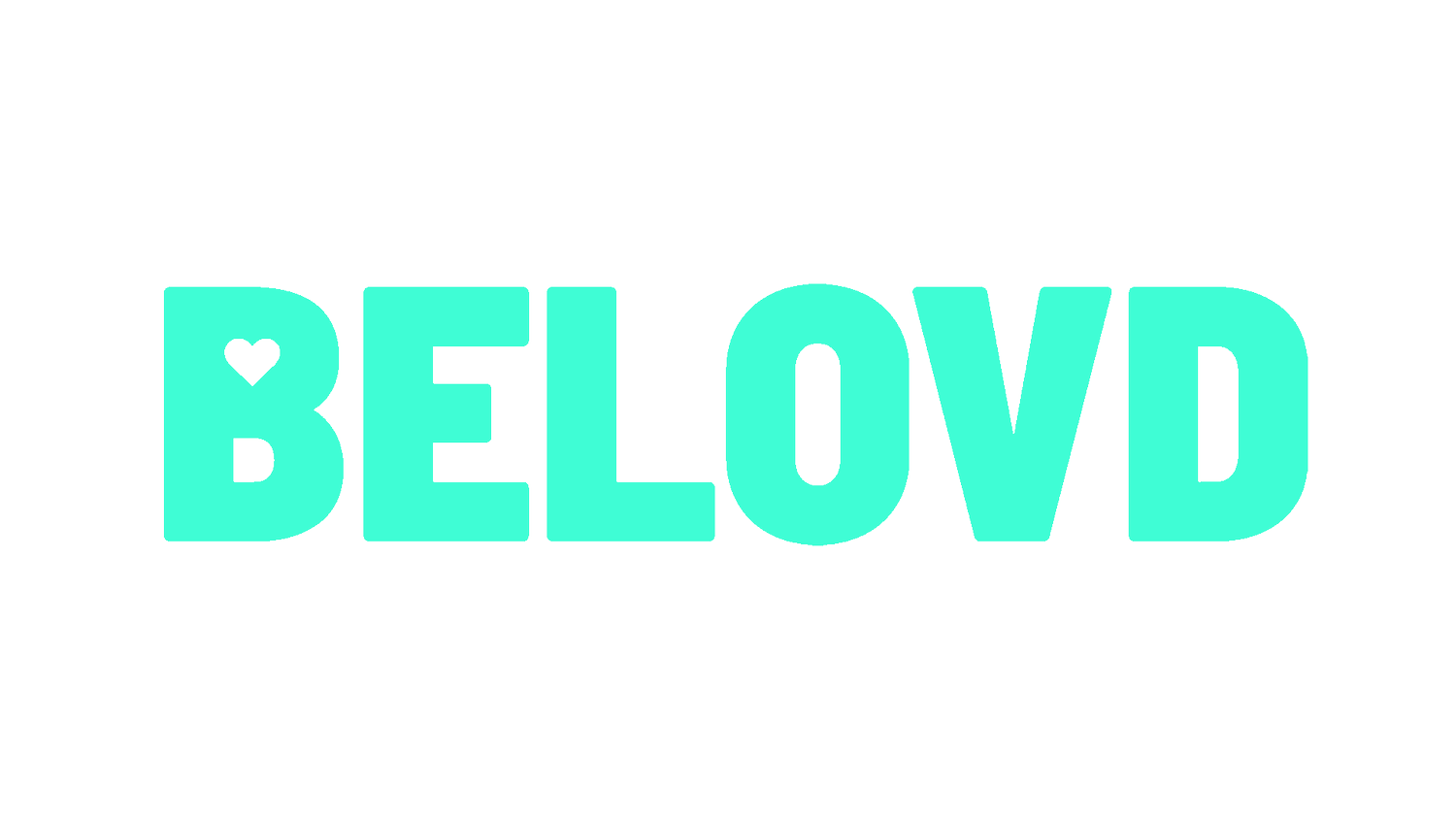Five Forward-Thinking DEI Practices in 2024
In the ever-evolving landscape of Diversity, Equity, and Inclusion (DEI), 2024 marks a year of innovative practices and transformative approaches. Organisations worldwide are recognising the imperative need to not just talk about DEI, but to embed it deeply into their cultures, policies, and operations. Here, we explore five exemplary DEI practices that are setting the standard for inclusivity and equity in the modern workplace.
Comprehensive Bias Training Coupled with AI Integration
The fight against unconscious bias has taken a sophisticated turn with the integration of AI tools alongside comprehensive bias training programmes. These initiatives are designed to identify and mitigate biases in all organisational operations, from hiring processes to daily decision-making. For instance, companies are employing AI-driven analytics to scrutinise job descriptions and performance evaluations, ensuring language and criteria are devoid of biases that could disadvantage certain groups. This dual approach not only educates employees on the nuances of unconscious bias but also actively works to eliminate its presence in the workplace.
Flexible Working Arrangements
Acknowledging the diversity of employee needs, flexible work arrangements have become a cornerstone of DEI practices. These policies cater to employees from varied backgrounds and circumstances, including parents, caregivers, and those with disabilities, offering them the opportunity to tailor their work schedules. A notable example of this practice is a corporation allowing its workforce to select their working hours within a set range, thereby accommodating individual lifestyles and promoting a healthier work-life balance.
Empowerment through Employee Resource Groups (ERGs)
ERGs for underrepresented minorities are gaining momentum, especially when backed by executive sponsorship. These groups serve as vital support networks for employees, whilst simultaneously offering insights into improving corporate DEI initiatives. A prominent practice observed is the establishment of ERGs for different communities, such as LGBTQ+ employees and ethnic minorities, with direct access to the company’s leadership. This ensures that voices from all corners of the organisation are heard and considered in shaping policies and culture.
Inclusive Product Development and Marketing
The move towards inclusivity extends beyond internal practices to encompass product development and marketing strategies. Companies are increasingly ensuring their offerings are accessible to a diverse clientele, including those with disabilities. A tech company, for example, might involve individuals with disabilities in the product design phase, guaranteeing that new releases are accessible to everyone. This approach not only broadens the customer base but also reflects a commitment to inclusivity at every level of operation.
Transparent DEI Reporting
Transparency in DEI goals and achievements is becoming a hallmark of progressive organisations. By publicly setting clear, measurable DEI targets and regularly reporting on their progress, companies are holding themselves accountable to their commitments. An annual DEI report detailing workforce demographics, pay equity audits, and leadership diversity targets is a practice adopted by many leading firms. This not only demonstrates a commitment to DEI but also encourages a culture of continuous improvement and openness.
As we navigate through 2024, these DEI practices illustrate a clear path forward for organisations committed to fostering an inclusive, equitable, and diverse workplace. By embracing these innovative approaches, companies are not only enhancing their corporate cultures but are also setting new standards for social responsibility and community engagement in the business world.

